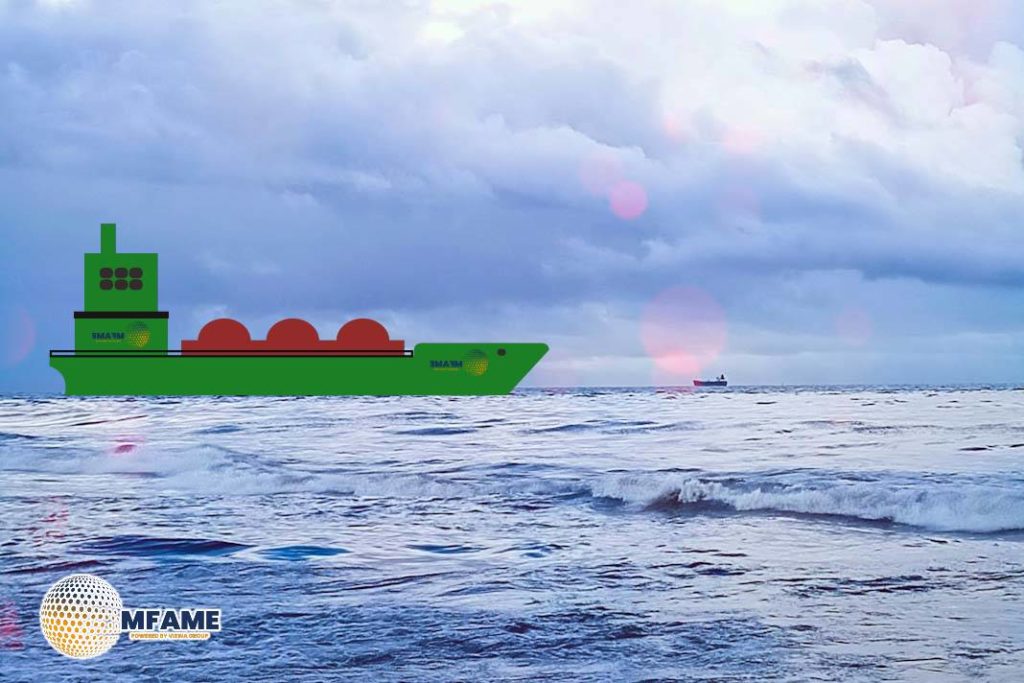- Transport Canada has clarified ballast water discharge regulations for vessels operating on the West Coast of Canada, focusing on environmental protection.
- Strict Exchange and Treatment (E+T) protocols are mandatory for vessels heading to specific freshwater ports to prevent invasive species.
- Exemptions apply to certain areas, such as berths west of Tilbury and Mitchell Islands on the Fraser River.
Ballast water management is a critical aspect of maritime operations, especially with its environmental implications. On Canada’s West Coast, recent regulatory clarifications from Transport Canada have provided much-needed guidance, ensuring that vessels operating in the region adhere to stringent protocols for ecological preservation, reports West of England P&I Club.
Overview of Ballast Water Regulations
The West Coast of Canada has historically faced ambiguity regarding ballast water management, particularly in freshwater areas. Ballast water, essential for ship stability, can introduce invasive species if improperly handled.
Transport Canada’s regulations aim to mitigate these risks by enforcing strict Exchange and Treatment (E+T) protocols for vessels visiting designated freshwater ports, such as Kitimat, Stewart, and Fraser River locations.
Recent Clarifications from Transport Canada
Transport Canada’s recent guidelines address industry concerns by specifying where the E+T procedures are mandatory.
For example, vessels heading to freshwater ports like Kitimat and Stewart must adhere to these protocols.
However, the guidance also outlines exemptions, offering clarity for operators and ensuring compliance where it matters most.
Specific Rules for the Fraser River
Transport Canada has provided detailed instructions for vessels docking along the Fraser River. Ships heading to berths west of Tilbury or Mitchell Islands are exempt from the E+T requirements.
In contrast, vessels traveling to berths east of these islands must follow the established protocols, reflecting a balanced approach to managing ballast water on the West Coast.
Did you subscribe to our daily Newsletter?
It’s Free Click here to Subscribe!
Source: West of England P&I Club























